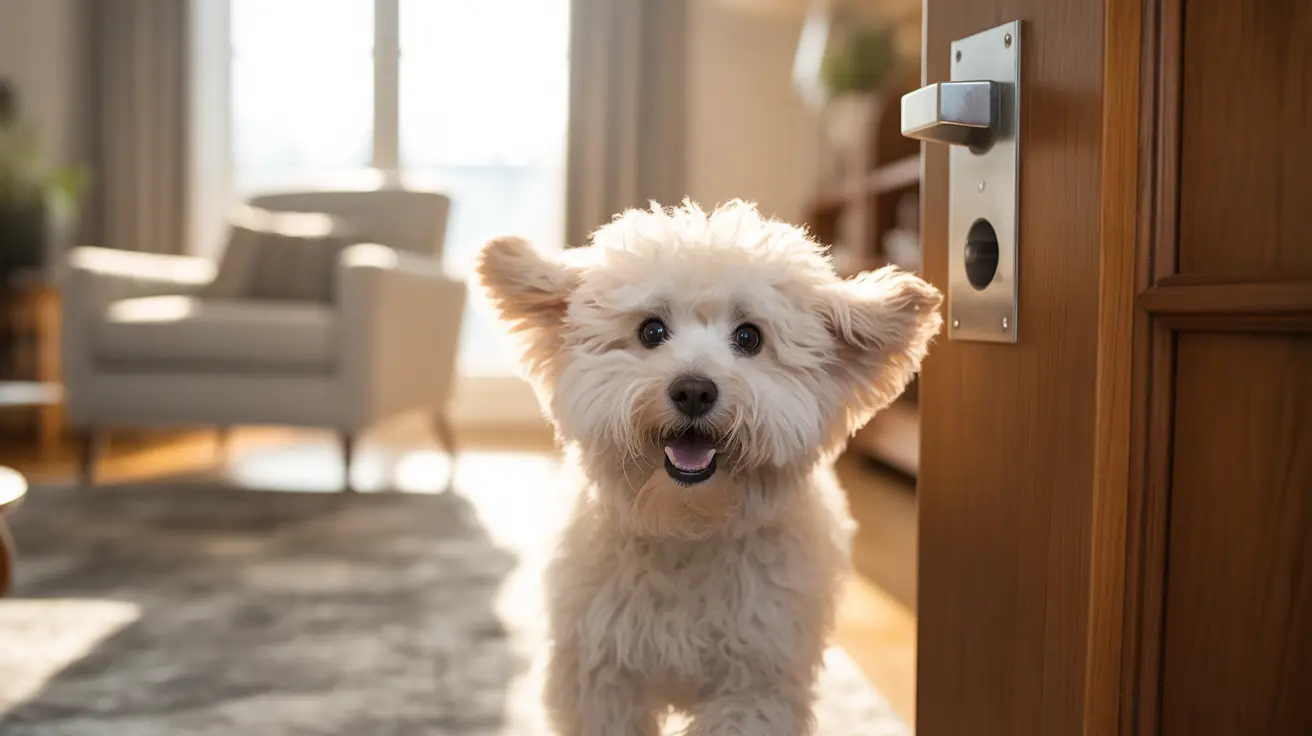Understanding Bichon Frise Barking Tendencies
Bichon Frises are naturally alert and sensitive dogs, making them prone to more frequent barking compared to many other breeds. Their watchdog instincts, combined with their desire to communicate with their human family members, often result in regular vocal expressions.
These small but mighty dogs typically bark for several key reasons:
- To alert their owners to potential threats or changes in their environment
- When experiencing separation anxiety
- To seek attention or express excitement
- In response to unfamiliar sounds or visitors
- Due to boredom or lack of mental stimulation
Common Triggers for Bichon Frise Barking
Environmental Triggers
Bichon Frises are highly responsive to their environment. Common triggers include:
- Doorbell rings or knocks
- Passing cars or pedestrians
- Other animals outside
- Unusual noises in or around the home
- Changes in their immediate surroundings
Emotional Triggers
These sensitive dogs often bark in response to their emotional state:
- Anxiety or fear
- Excitement during playtime
- Loneliness when left alone
- Frustration or boredom
- Need for attention or interaction
Managing Your Bichon's Barking Habits
While you can't completely eliminate barking (nor should you want to), there are several effective strategies to manage excessive vocalization:
Training and Socialization
Early training and proper socialization are crucial for developing well-adjusted Bichon Frises:
- Start training during puppyhood
- Use positive reinforcement techniques
- Expose them to various environments and situations
- Teach the "quiet" command
- Reward calm behavior consistently
Exercise and Mental Stimulation
A tired Bichon is typically a quieter Bichon:
- Provide regular daily exercise
- Engage in interactive play sessions
- Use puzzle toys and mental enrichment activities
- Maintain a consistent routine
- Ensure sufficient social interaction
Frequently Asked Questions
Why do Bichon Frises bark so much compared to other dog breeds?
Bichon Frises bark frequently due to their alert nature and strong desire to communicate with their owners. Their watchdog instincts and high sensitivity to environmental changes make them more prone to vocalization than some other breeds.
What are the most common triggers that cause a Bichon Frise to bark excessively?
Common triggers include unfamiliar sounds, visitors at the door, separation anxiety, attention-seeking behavior, and changes in their environment. They may also bark due to boredom or lack of mental stimulation.
How can I train my Bichon Frise to stop barking at every little noise or stranger?
Consistent positive reinforcement training, early socialization, and teaching the "quiet" command are effective strategies. Reward calm behavior and gradually desensitize your dog to common triggers through controlled exposure.
Does separation anxiety contribute to a Bichon Frise's barking, and how can I manage it?
Yes, separation anxiety is a common cause of excessive barking in Bichon Frises. Management strategies include gradual desensitization to alone time, creating a safe space, and establishing a consistent routine. Some dogs may benefit from anti-anxiety training or professional intervention.
What are effective strategies or tools to reduce my Bichon Frise's excessive barking at home?
Effective strategies include regular exercise, mental stimulation, positive reinforcement training, and addressing underlying causes of anxiety or boredom. Consistency in training and response to barking is key to success.
Conclusion
While Bichon Frises are indeed prone to frequent barking, understanding their triggers and implementing appropriate training and management strategies can help create a more peaceful household. Remember that patience, consistency, and positive reinforcement are your best tools in helping your Bichon develop appropriate barking habits.






